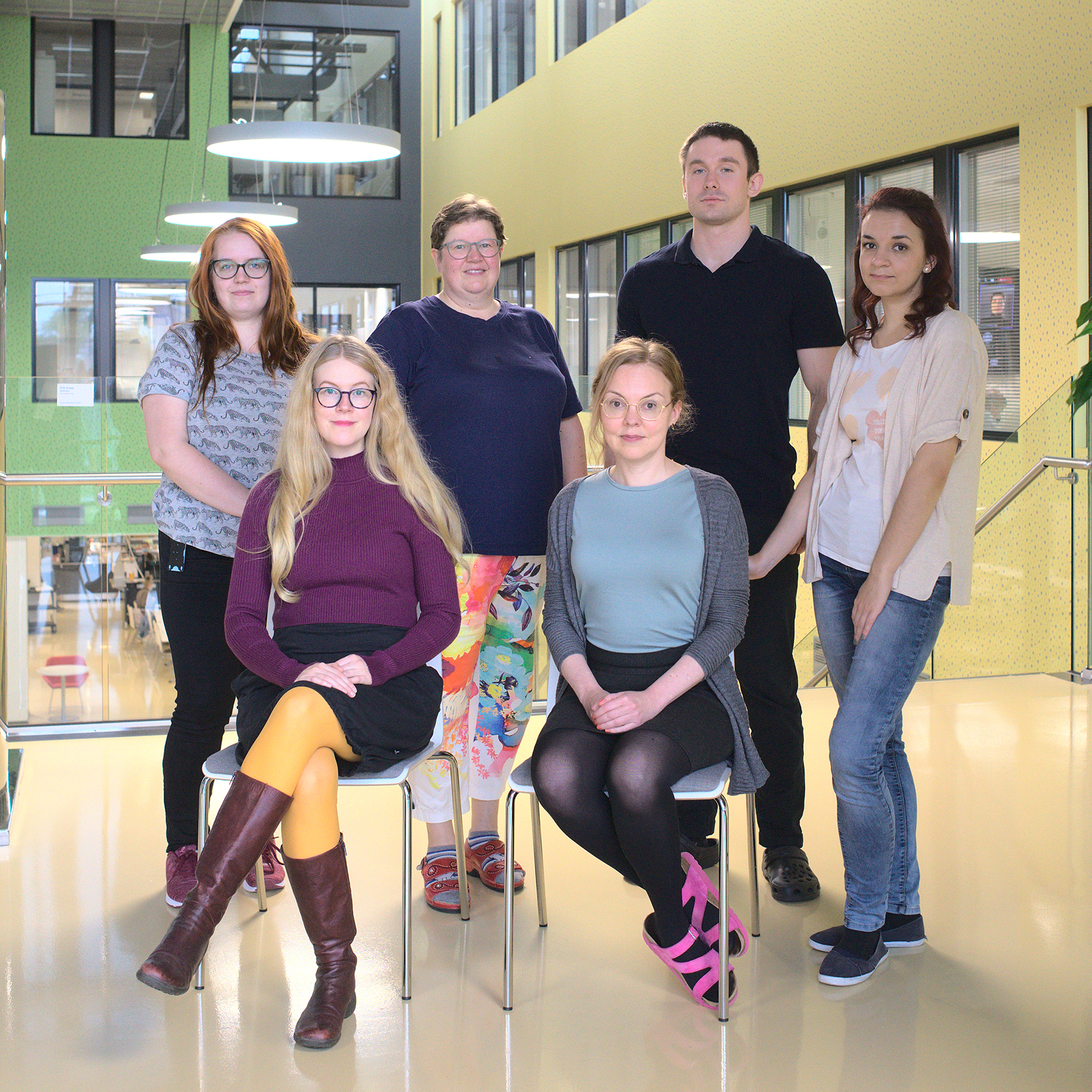
Our research focuses on innate immune responses, which are the first line of defense against invading pathogens, and factors that are causing variation in these responses. Our main question is how variation in mitochondrial functions affect variation in infection outcomes. Mitochondrial variation can originate from nuclear encoded gene variants that are transported to mitochondria and needed for the various mitochondrial functions, or arising from the small circular genome that is located within the mitochondria (mtDNA).
As an in vivo study model we are using the fruit fly Drosophila melanogaster. D. melanogaster is used to model the effect of naturally occurring mitochondrial variation as well as utilizing the highly sophisticated genetic toolbox generated for Drosophila to modify the function of genes of interest in a temporal and tissue specific manner. The various innate immune responses will be induced with multiple different infections models, including bacterial and viral pathogens, as well as parasitoids. For the immune response readouts we have harnessed e.g. flow cytometer and microscopy based techniques, transcriptomics and resistance/tolerance assays.
